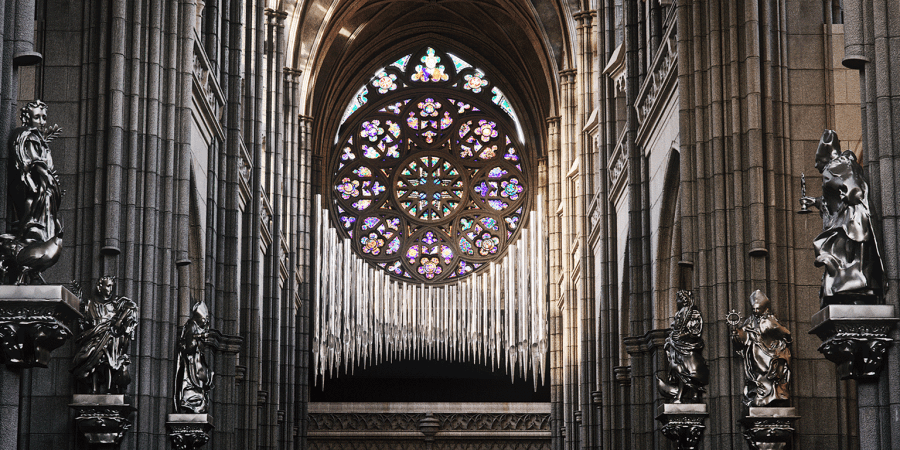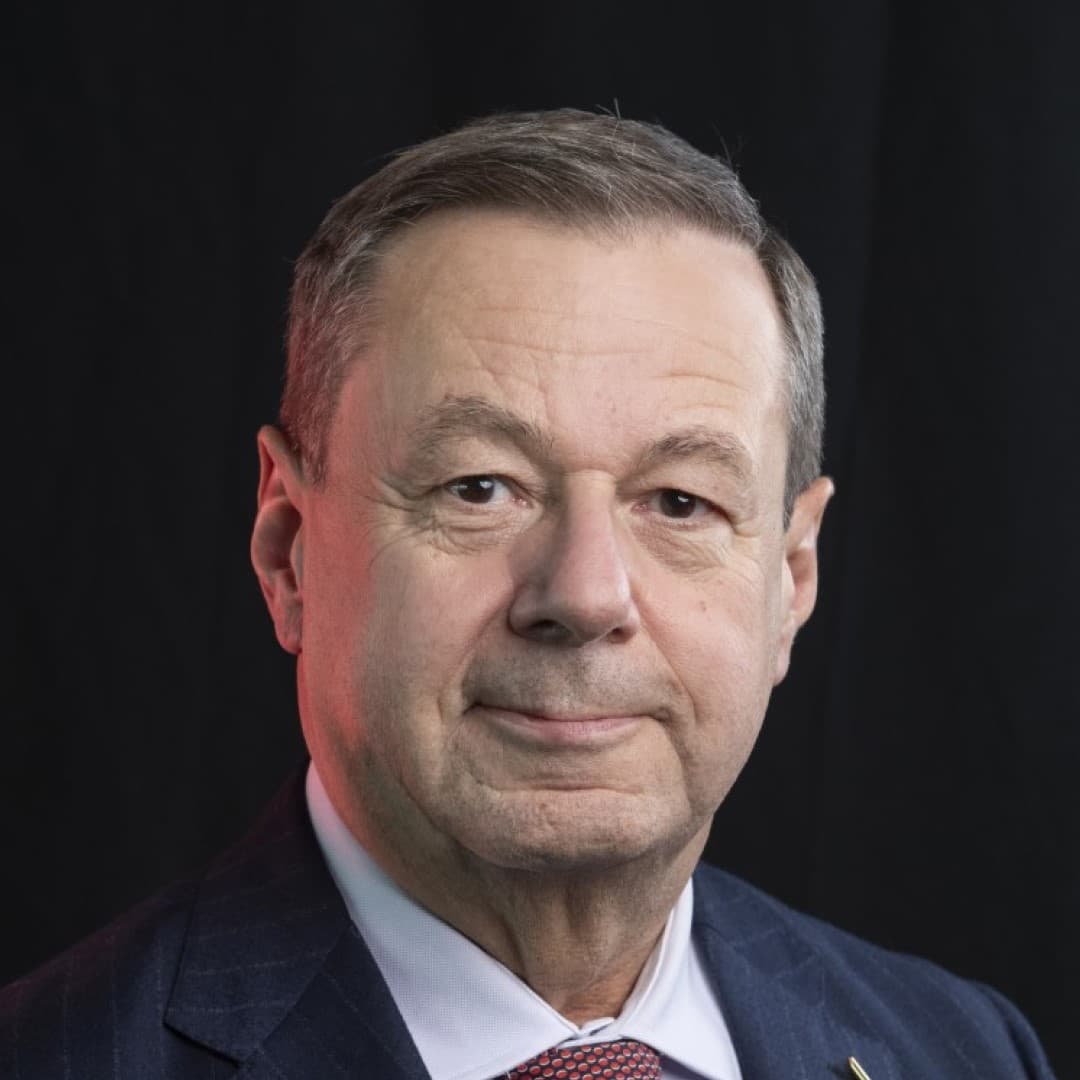COMMENTARY: Without Duka, the St. Vitus organ would not exist, recalls Císař
19 \ 11 \ 2025

Prague and Barcelona have more in common than might appear at first glance. Both cities have been waiting for years for their greatest symbols to be completed. In Barcelona, it is the monumental Sagrada Família, now the tallest church in the world, and in Prague, it is St. Vitus Cathedral – perfect at first glance, but still not quite complete, writes Jaromír Císař, lawyer and co-founder of the Bohemian Heritage Fund, in his commentary.
The final piece needed to complete Prague Cathedral is an organ, which the cathedral has been waiting for since the time of the Luxembourg dynasty. Cardinal Dominik Duka, the former Archbishop of Prague, played a major role in ensuring that it will be fully operational by June next year. Sadly, he passed away a few days ago. I am therefore writing this text as a tribute and a thank you.
I personally met Dominik Duka in 2014 thanks to my involvement in the newly emerging project to build the St. Vitus organ, which Duka initiated. The architect of this fateful meeting was my close friend and colleague Pavel Smutný, who had a natural enthusiasm for the cause and always enjoyed being socially involved. We joined the project together at its very beginning. Through our Bohemian Heritage Fund and with the generous help of its director Jakub Skřejpek, we helped launch a nationwide collection for the organ, which to date has raised nearly 114 million crowns.
Why do I mention Barcelona and its Sagrada Família cathedral in the introduction? Because they are connected to one of my most personal memories of Dominik Duka. It was in the Catalan capital that the instrument for St. Vitus Cathedral was created, specifically at the organ builder Gerhard Grenzing's company, one of the best and most experienced in the field. And it was there that we had the opportunity to hear its tones live for the first time – albeit not yet in full power or beauty, on temporary scaffolding in Gerhard Grenzing's studio.
We personally visited the site in 2019, alongside other prominent figures who collaborated on the project. These included representatives of the church, state, business, and culture. At that time, we were still several years away from the actual installation of the organ, designed by Peter Olah and decorated with genuine Czech crystal.
Part of our trip to Barcelona included a mass at the Sagrada Família. It was celebrated by Dominik Duka in Czech. He saw the construction of the organ as a historically inherited task and his mission. He was convinced that now is the ideal time for us as a society to accept this task and complete what was not finished during the construction of the cathedral in the First Republic. For him, it was also a symbol with which everyone in our country can identify, whether they are believers or not. And it worked perfectly. The project thus brought together people with differing opinions who would otherwise have found it difficult to find common ground.
At the dinner that followed that same day, I was fortunate enough to sit directly across from Dominik Duka and have a long discussion with him. I was once again impressed by his masterful knowledge of history, which I greatly appreciated as a legal historian. Thanks to this, we became close quite quickly.
His life story made him a practical man who perceived life in its everyday urgency. Today, I see him as the wise head of the Catholic Church in Czechia, which was characterized by great openness towards civil society. Thanks to his efforts, he shifted the ecumenical perception of other Christian churches and believers, and he also had a strong relationship with the Jewish tradition. He did not want faith to become a marginal issue, but wanted it to remain part of the moral values of society as a whole. He perceived patriotism not only as a path to the prosperity of our country, but also as a legacy from our ancestors that binds us.
He treated each individual with humanity and was willing to engage in dialogue. However, this does not mean that he was uncritical. He was able to communicate his views truthfully, without embellishment, and sometimes even harshly. Perhaps this is what made his approach so exceptional. Pavel Smutný liked to say about Cardinal Duka: "We build organs, and they build us."
Dominik Duka was undoubtedly a prominent and, for some, controversial figure in contemporary Czech society. I will remember him as a man of insight and realistic wisdom who was responsible for a number of positive changes. One of these is the completion of the last part of St. Vitus, Wenceslas, and Adalbert Cathedral, a thousand-year-old symbol of Czech statehood. Thanks to his tenacity, the cathedral will soon resound with the sound of its new organ.
The funeral of the cardinal and former archbishop of Prague will take place this Saturday. However, the organ will not yet be played in his honor at full volume. This is often the fate of historical figures, who do not live to see the completion of their life's work.
The article was published on the iDnes.cz website.




